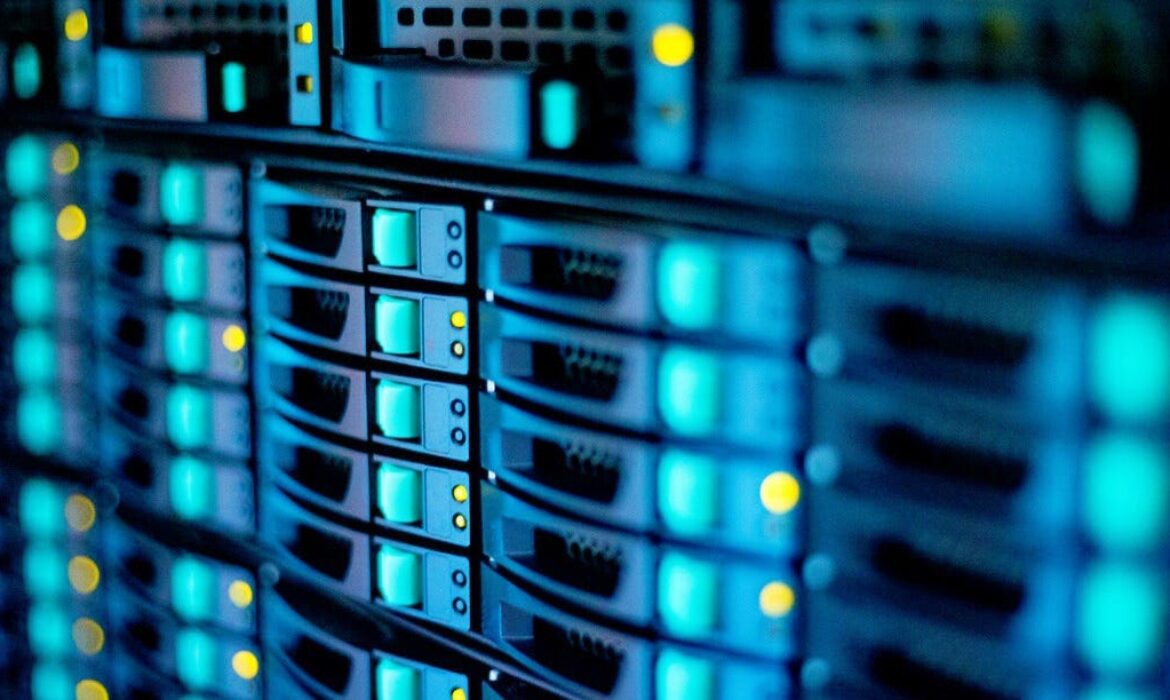
So, you’ve decided to rent a server. That’s a great step towards enhancing your online presence or business operations. But with countless options available, it can be overwhelming to choose the right one. Let’s break down the process and guide you through the key considerations.
Understanding Your Needs
The first step is to assess your specific requirements. Imagine you’re building a house. You wouldn’t construct a mansion if you only need a cozy cottage. Similarly, your server’s specifications should align with your exact needs:
- Website Traffic: High visitor volumes require a server capable of handling heavy traffic.
- Applications: Resource-intensive applications like video editing or gaming servers demand more powerful hardware.
- Storage: Consider your website files, databases, and backups when determining storage capacity.
- Security: Prioritize security features like firewalls and DDoS protection if handling sensitive data.
Choosing the Right Provider
Once you have a clear understanding of your needs, find a reliable hosting provider. Think of it like choosing a reliable car rental company. You want a provider with:
- A proven track record
- Excellent customer support
- A range of server options
A great option to consider is Deltahost (https://deltahost.com/). They offer a variety of dedicated servers tailored to different needs, from small businesses to large enterprises.
Key Hardware Considerations
Your server’s hardware directly impacts its performance. Here are the key components to consider:
- CPU: The central processing unit is the “brain” of your server. A more powerful CPU can handle more tasks simultaneously.
- RAM: Random Access Memory is essential for running applications smoothly. More RAM means better performance.
- Storage: Choose between HDD (hard disk drive) for large storage needs or SSD (solid state drive) for faster performance.
- Bandwidth: This determines how much data can be transferred to and from your server.
Customizing Your Server
Most hosting providers allow you to customize your server to match your specific requirements. It’s like building a custom car. You can choose:
- Operating System: Select an OS that suits your applications and skill level (e.g., Linux, Windows).
- Control Panel: A control panel like cPanel or Plesk can simplify server management.
- Additional Features: Consider features like backups, DDoS protection, and managed services.
Optimizing Your Server
Remember, it’s not just about the hardware. Here are some additional considerations for server optimization:
- Monitoring: Use tools to track server performance metrics and identify potential bottlenecks.
- Security: Implement robust security measures like strong passwords, firewalls, and regular security audits.
- Scalability: Choose a provider with scalability options to accommodate future growth.
Choosing the Right Operating System
The operating system you choose can significantly impact performance and security. Popular choices include:
- Linux: Highly customizable and known for its stability and security. Popular distributions include Ubuntu, CentOS, and Debian.
- Windows Server: Offers a familiar interface for Windows users and integrates well with Microsoft products.
Additional Considerations
- Location: Consider the physical location of the server for optimal performance for your target audience.
- Redundancy: Implement redundancy measures like RAID for data and load balancing for traffic distribution.
- Cost: Server rental costs vary depending on provider, specifications, and features. Compare prices before choosing.
Conclusion
Renting a server is a strategic decision that can significantly impact your online presence. By carefully considering your needs, choosing the right provider, and implementing best practices, you can ensure your server meets your business requirements. Remember, a well-managed server is a valuable asset that can drive your business forward.
Want to delve deeper? Here are a few suggestions:
- Cloud vs. Dedicated Servers: Understanding the pros and cons of each.
- Serverless Computing: Exploring the serverless architecture and its benefits.
- High Availability: Ensuring uninterrupted service with redundant systems.



